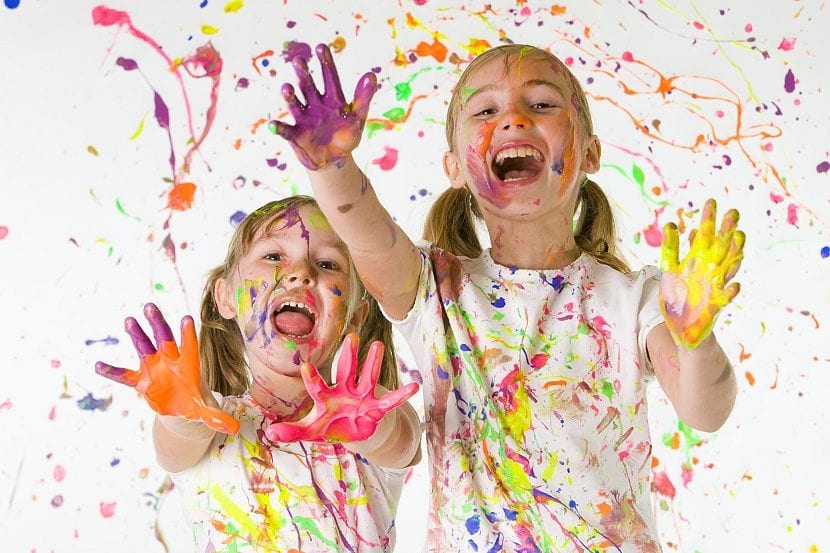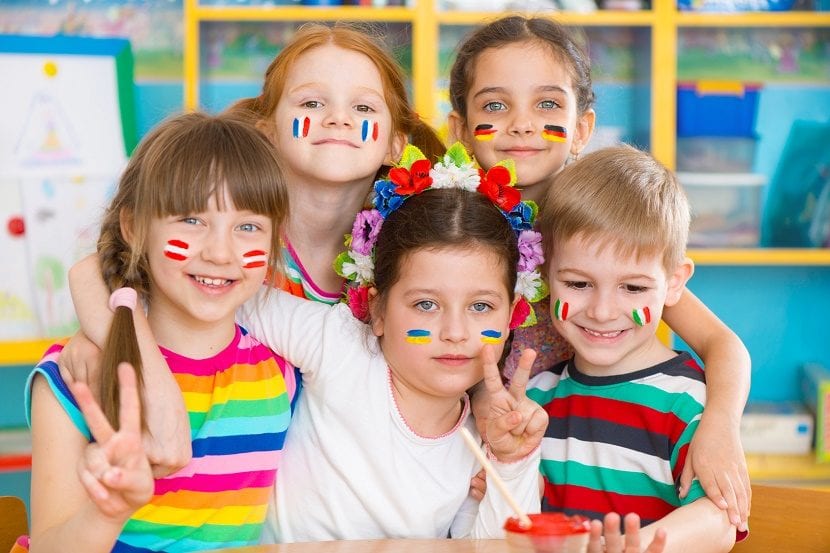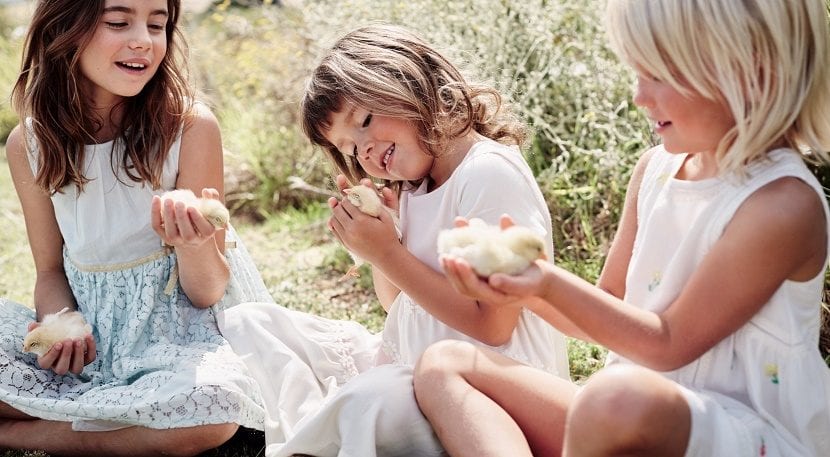
With the entrance to school, children begin to build their first friendships. It is possible that from the age of three you begin to refer to others as 'friends'. Children begin to understand what it means to have an affinity with others and that there are people with whom they can get along better than with others. The first friendships and the first friends in the life of your children are born.
Friends, just as they can play, can have some normal misunderstandings at an early age. 3- and 4-year-old boys and girls are self-centered and highly emotional so it is quite normal for them to have 'love-hate' relationships with their peers. But how can you help your young child build healthy friendships?
Preschool-age friendships typically have more drama than four o'clock novels. Most three- and four-year-olds worry about having friends, but they may also be thinking about what it means to have a good friend. Children at this age can tell another child that they are their best friend and the minute they can tell them to go to their birthday party and the next day they can get angry for whatever reason, but it will last two seconds before they play again.
At these ages, children are very affectionate and love to be together with their friends., but they also like to argue and be right. All of this needs to be taken into account to help young children build strong, healthy bonds. Thus, you can be a good guide so that they have healthy relationships and that they feel happy with the friends that they make throughout their lives.
Talk about feelings regularly
Preschoolers begin to understand that other people have thoughts and feelings that may be different from their own. This is a new ability that allows preschoolers to nurture and comfort a friend when they are having a hard time… they begin to empathize. Empathy must be cared for from these ages because it is necessary to be able to build strong and lasting relationships.

While younger children may look to their mother to comfort another crying child, three- and four-year-olds realize that their friend will love their mother rather than any adult. Research shows that when parents talk about emotions on a regular basis as they arise in real life, in movies, or in books, children are able to work on empathy internally and imagine a better point of view of the others. They learn to understand the feelings of others and to put themselves in other people's shoes.
Being able to put yourself in the perspective of others is the fundamental basis for friendship. You can talk to children things like: 'He is scared because he has never done this before' or perhaps: 'She is happy because her friend has shared with her the colors to paint together'.
Organize play sessions with children
Playing together is a great opportunity for children to get along, so organizing playtime is a good idea for them to start working on their emotional bond. Although larger groups of games can be more fun, your child may enjoy more if you schedule time to play with just one other child. Preschoolers have preferences for certain children over others, so he may want to decide which friend he wants to invite over to his house to play.

When the little ones are three and four years old, it is a great age for them to enjoy symbolic play and even be able to act out some complex imaginary scenes. They can have fun fighting with others as if they were battles, being veterinarians ... any game representing adult reality is a good game for them.
Because children know each other quite well when they become friends, they will know how to coordinate well in symbolic games, so much so that if you watch for a while you will be surprised at their organization. We adults should learn from their abilities.
When you organize an appointment for your child to play with another child between an hour and a half and two hours is more than enough for them to create strong emotional bonds. Although they seem to get along with each other innately, the reality is that it is hard work for them to make friends. So it is better to end the arranged date on a high note than to wait until the children are tired and in a bad mood, something that could influence their friendship bonds.
Teach empathy
Even though preschoolers are learning to be empathetic, they can sometimes be somewhat insensitive to others. Children tend to assume that other children think the same way they think, but when a friend doesn't do what they want they may feel upset and no longer want to be your friend - temporarily.
Children can discuss possessions, who is going to ride before giving a bicycle, or what character they will represent in the symbolic game. They can also exclude other children from the game ... this happens because they want to defend their territory or because they get overwhelmed when they try to coordinate the game and more children appear, and this unbalances their organization of the game.

Encourage your child to greet his friends, say please and thank you, to be able to take turns and share with others. If you fight with another child, it is important to explain how your friend is feeling and ask what you can do to help your friend feel better. If you see that he does not know how to act, you can redirect the situation and make both of you feel good again.